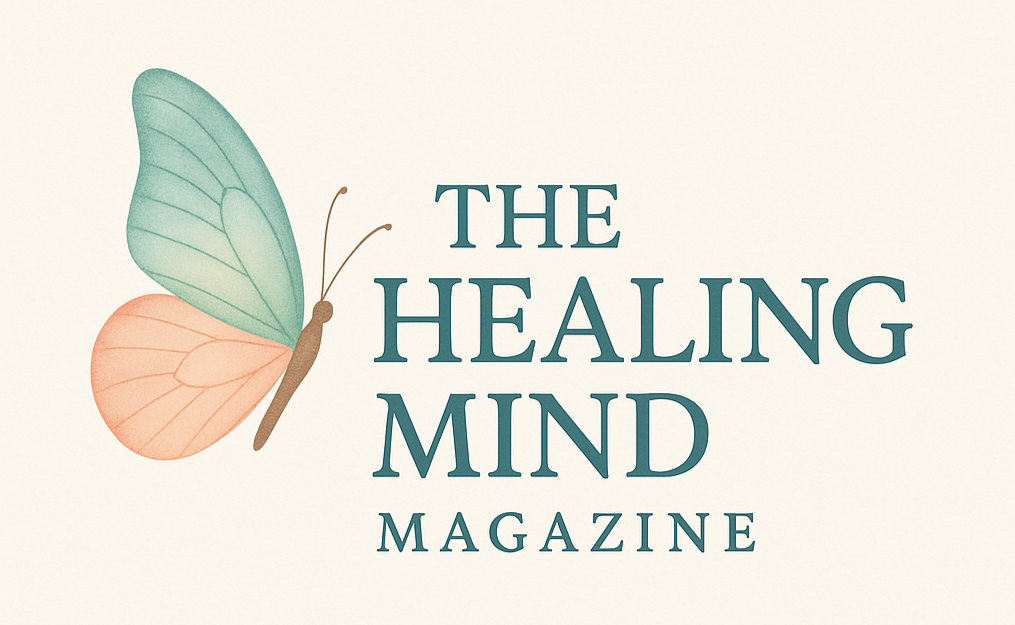Understanding Authoritarian, Authoritative, and Neglectful Parenting Styles
Parenting styles play a crucial role in shaping a child’s development and future outcomes. Among the various parenting styles identified by psychologists, three prominent ones are authoritarian, authoritative, and neglectful. Each of these styles has distinct characteristics and effects on children. However, it’s not uncommon for parents to exhibit traits from more than one style, creating a complex dynamic within the family unit. This article delves into how it’s possible for parents to embody authoritarian, authoritative, and neglectful tendencies simultaneously and the implications of such a paradoxical approach on children.
Understanding Authoritarian Parenting:
Authoritarian parenting is characterized by strict rules, high demands, and low responsiveness to children’s needs. Parents employing this style often value obedience and discipline above all else. They expect unquestioning compliance from their children and may resort to punishment to enforce rules. Communication tends to be one-way, with little room for negotiation or explanation.
Understanding Authoritative Parenting:
In contrast, authoritative parenting balances high levels of warmth and support with reasonable expectations and boundaries. Authoritative parents set clear guidelines for behavior but also encourage independence and critical thinking. They are responsive to their children’s emotions and opinions, fostering open communication and mutual respect. Rather than relying solely on punishment, they employ positive reinforcement and constructive discipline techniques.
Understanding Neglectful Parenting:
Neglectful parenting, also known as uninvolved parenting, is characterized by a lack of responsiveness and involvement in a child’s life. Parents with this style may be emotionally distant, physically absent, or preoccupied with their own concerns. They provide minimal supervision and support, failing to meet their children’s basic needs for affection, guidance, and security. Neglectful parents may be unaware of their children’s activities and struggles, leading to a profound sense of abandonment and insecurity.
The Paradox of Simultaneous Parenting Styles:
While these parenting styles may seem distinct, it’s possible for parents to exhibit traits from more than one style simultaneously. For example, a parent might enforce strict rules and demand obedience (authoritarian), while also being emotionally distant and uninvolved in their child’s life (neglectful). Similarly, a parent might set clear expectations and communicate openly (authoritative), but resort to punitive measures when those expectations are not met (authoritarian).
Factors Contributing to Paradoxical Parenting:
Several factors may contribute to the paradox of simultaneous parenting styles:
- Upbringing and Role Modeling: Parents often replicate the parenting styles they experienced in their own childhood. A parent raised in an authoritarian household may default to similar strict practices but lack the warmth and responsiveness characteristic of authoritative parenting.
- Stress and External Pressures: External stressors such as financial difficulties, work obligations, or marital conflicts can impede a parent’s ability to be consistently responsive and engaged with their children. In such cases, neglectful tendencies may emerge alongside authoritarian or authoritative behaviors.
- Cultural and Societal Influences: Cultural norms and societal expectations regarding parenting can shape parental attitudes and behaviors. In some cultures, strict discipline may be valued, leading parents to adopt authoritarian practices. However, conflicting cultural values or societal changes may also prompt parents to strive for more nurturing and supportive approaches.
- Individual Differences and Parenting Styles: Every parent has their own personality, temperament, and parenting philosophy. It’s possible for individuals to exhibit a blend of authoritarian, authoritative, and neglectful tendencies based on their unique traits and circumstances.
Impact on Children:
The paradox of simultaneous parenting styles can have profound effects on children’s development and well-being. Children raised in such environments may experience confusion, inconsistency, and a lack of emotional security. They may struggle to understand and navigate parental expectations, leading to internalized conflicts and behavioral issues.
Children of authoritarian parents may develop low self-esteem, fear of failure, and difficulties in asserting themselves. Those with neglectful parents may experience feelings of abandonment, loneliness, and emotional detachment. Meanwhile, children of authoritative parents may fare better in terms of self-esteem, academic achievement, and social competence due to the balance of warmth and structure provided.
The coexistence of authoritarian, authoritative, and neglectful parenting styles within a single household is not uncommon. Various factors, including parental upbringing, external stressors, cultural influences, and individual differences, contribute to this paradoxical dynamic. While each parenting style has its own implications for children’s development, the combination of contradictory approaches can pose unique challenges and complexities. Understanding these dynamics is crucial for parents, caregivers, and professionals working to support healthy family environments and promote positive outcomes for children. Through awareness, empathy, and education, parents can strive to cultivate a more balanced and nurturing approach to parenting, ultimately fostering the well-being and resilience of their children.

Megan Cooper -Writer -” Health & Life” Category







